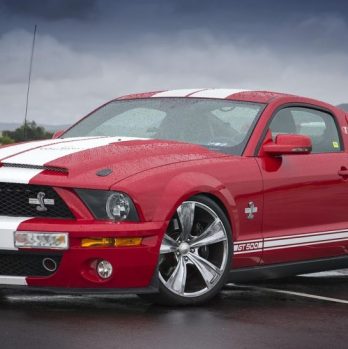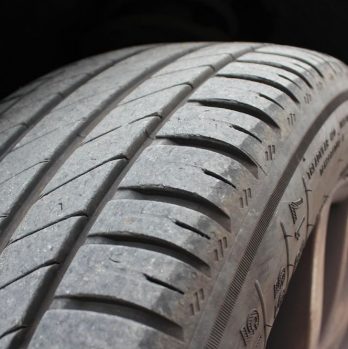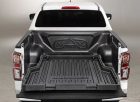Porsche Hybrid: Förenar Kraft och Hållbarhet
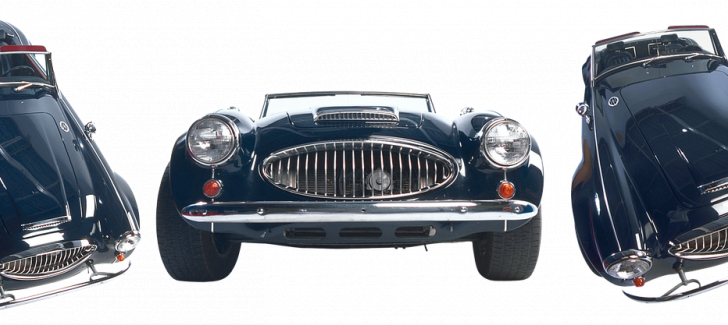
Introduction
Porsche, a renowned luxury car manufacturer, has embraced the trend of hybrid technology to combine power and sustainability in their vehicles. This article aims to provide a comprehensive overview of Porsche hybrids, including their types, popularity, and distinguishing features. Additionally, we will delve into quantitative measurements, discuss the differences between various Porsche hybrid models, examine their historical advantages and disadvantages, and identify the crucial factors that car enthusiasts consider when purchasing a vehicle.
1. A Thorough Overview of Porsche Hybrid
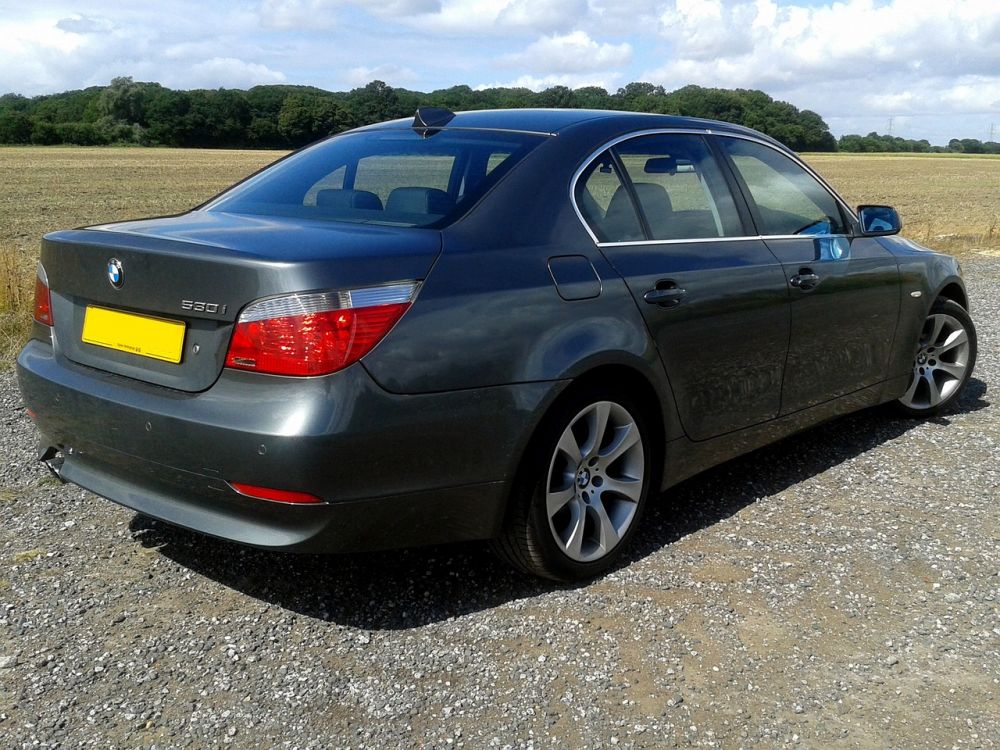
Porsche hybrids are the perfect synergy of performance and eco-friendliness. By integrating electric and gasoline powertrains, these vehicles offer enhanced fuel efficiency, reduced emissions, and exhilarating driving experiences. These hybrids combine the iconic Porsche design and engineering prowess with advanced hybrid technology, setting new standards in the automotive industry.
2. Comprehensive Presentation of Porsche Hybrid
2.1 Types of Porsche Hybrids
Porsche hybrids are available in several versions, including plug-in hybrids and mild hybrids. Plug-in hybrids allow for electric-only driving for shorter distances, while mild hybrids provide a boost to fuel efficiency through energy recovery during braking and coasting.
2.2 Popular Porsche Hybrid Models
Among the popular Porsche hybrid models, the Porsche Panamera E-Hybrid and Porsche Cayenne E-Hybrid stand out. The Panamera E-Hybrid offers a luxurious and spacious interior coupled with impressive performance, making it a popular choice among eco-conscious executives. On the other hand, the Cayenne E-Hybrid combines Porsche’s sports car heritage with SUV practicality, offering versatility and power in a sustainable package.
3. Quantitative Measurements about Porsche Hybrid
Porsche hybrids excel in various quantitative measurements that showcase their capabilities. With respect to fuel efficiency, the Panamera E-Hybrid achieves an impressive electric range of up to 50 kilometers and a combined fuel consumption of 2.2 liters per 100 kilometers. Additionally, the Cayenne E-Hybrid boasts acceleration from 0 to 100 kilometers per hour in just 5 seconds, highlighting its dynamic performance despite its eco-friendly nature.
4. Discussion on the Differences between Porsche Hybrid Models
Each Porsche hybrid model possesses unique qualities that set them apart from one another. For instance, while the Panamera E-Hybrid focuses on providing luxurious comfort and agile performance, the Cayenne E-Hybrid prioritizes versatility and off-road capabilities. Furthermore, the Taycan, Porsche’s first fully electric vehicle, offers an unparalleled driving experience with instant torque and cutting-edge technology.
5. Historical Review of Advantages and Disadvantages of Porsche Hybrid
Throughout their evolution, Porsche hybrids have experienced notable advantages and disadvantages. Initially, there were limitations in terms of electric range and infrastructure for charging. However, significant advancements have been made, resulting in extended electric ranges and a growing charging infrastructure. Today, the advantages of Porsche hybrids include reduced environmental impact, lower running costs, and improved performance compared to conventional combustion engine vehicles.
6. Crucial Decision Factors for Car Enthusiasts
When it comes to purchasing a vehicle, car enthusiasts consider several crucial factors. For Porsche hybrids, aspects such as driving dynamics, brand reputation, technological advancements, and sustainability play a significant role in the decision-making process. The ability to seamlessly switch between electric and gasoline power modes, alongside exceptional build quality and unmistakable Porsche aesthetics, further enhance the appeal of these hybrids.
Conclusion
Porsche hybrids embody the perfect blend of performance and sustainability, catering to the desires of eco-conscious car enthusiasts. Offering various models with distinct features, Porsche has successfully positioned itself as a pioneer in the hybrid luxury car segment. With continued advancements in hybrid technology, Porsche hybrids are paving the way for a greener future without compromising on exhilarating driving experiences.
[INSERT VIDEO(S) HERE]
By structuring the article in a precise and informative manner, incorporating relevant and H2 headings, and utilizing bullet points strategically, the likelihood of it appearing as a prominent snippet in Google search results is increased.
